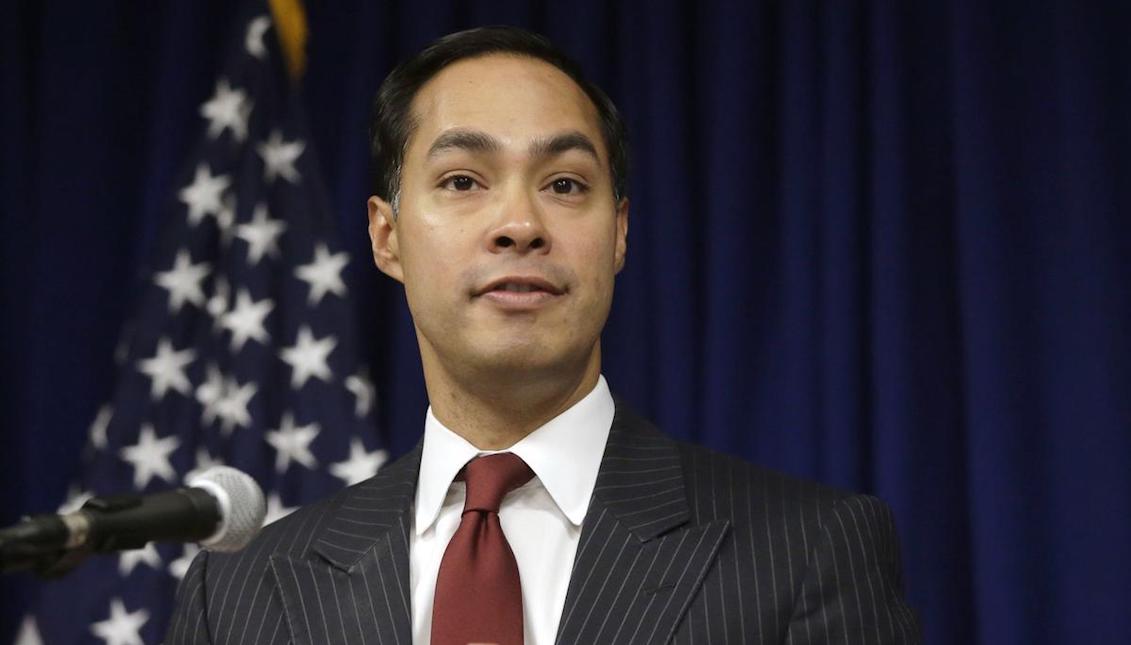
Immigration could be the golden ticket for political victories
After years of omission on the part of political representatives, the issues that concern the Latino community in the United States are now a decisive point in…
The political crisis in the United States is impossible to ignore.
For years, the traditional parties have maintained strict positions and have followed scripts on what their voters seem to prioritize when choosing their representatives. But the social revolution that Donald Trump’s victory brought, and its consequent anti-immigrant policies, have managed to strike an important chord in the Hispanic community and in those who really believe in the strength and promise of immigration in shaping a better country.
The results of the primaries so far this year have shown a strong change in the balance in favor of Democratic, independent, women, Latino and socialist candidates. The country seems to be crying out for a change.
RELATED CONTENT
Whatever the outcome of the elections in November may be, the outlook for an upcoming presidential battle in 2020 is already beginning to take shape, and, with it, several possible campaigns.
President Trump has already announced that he will run for re-election and his campaign is underway, demonstrating resistance on the part of the Trump administration to change positions or points of view during the rest of the presidential term.
But political figures such as the former mayor of San Antonio, Julián Castro, Los Angeles Mayor Eric Garcetti, and Illinois Representative Luis Gutiérrez have also indicated that they would consider running for president in 2020, which "would put immigration and other issues central to the Latino experience in the United States at the heart of the Democratic primary," explained The Hill.
"It would almost certainly force other candidates in the race to address issues important to Latinos by elevating issues such as immigration in the race," explains the media. "And it comes as Latinos in the House are contesting leadership positions, seeking to ensure their communities are represented on the heights of Congress."
The challenge now is to get the Hispanic population in the country - which represents around 27 million eligible voters – to listen to the proposals, feel represented, and actually go out and vote.










LEAVE A COMMENT: